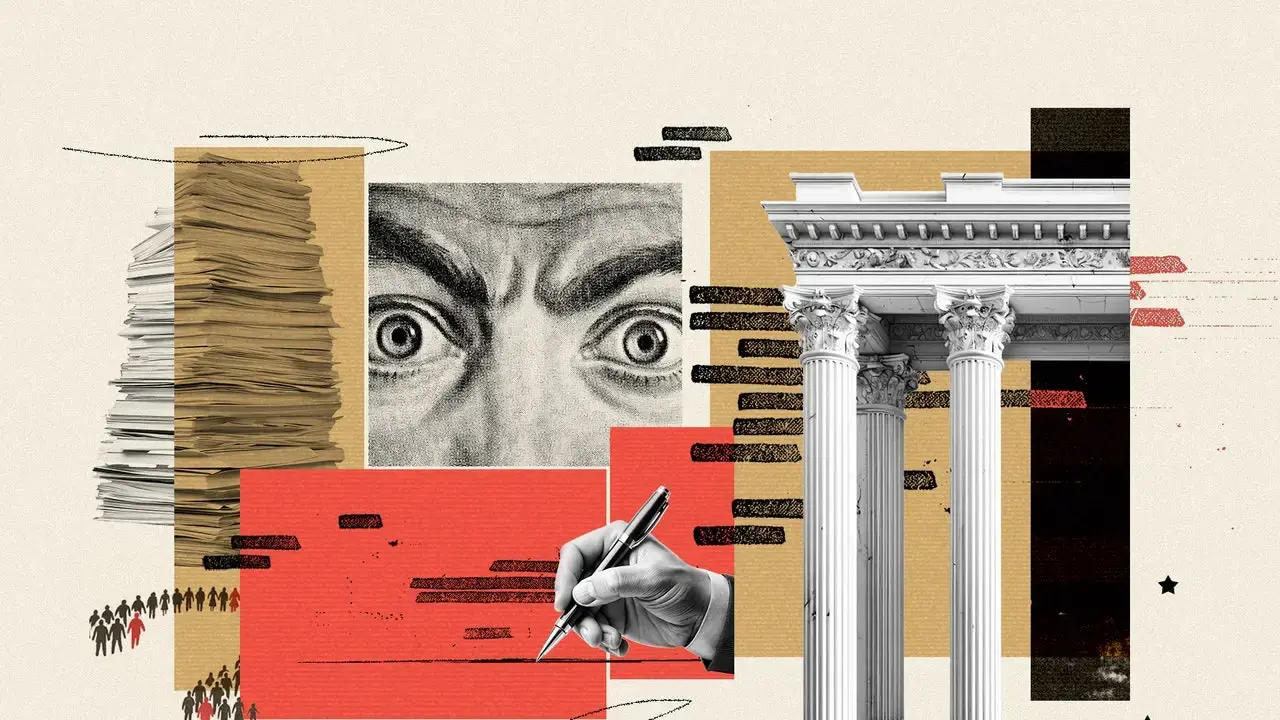In the U.S., Republicans are using bills that benefit the majority to push an anti-trans agenda
Lawmakers in the U.S. have repeatedly made last-ditch efforts to pass anti-trans laws during the eleventh hour of their legislative session in recent years, notably in Alabama and Kentucky, where the bills were eventually signed into law. This year, Republican lawmakers across several states tried their hand at it again, derailing governance as usual on the waning days of legislative sessions by attempting to replace routine legislation with anti-LGBTQ+ bills or stonewalling the process of passing other bills to push anti-LGBTQ+ efforts, advocates say.
This year, though, the ground has begun to shift. In March, during the last three weeks of Georgia’s legislative session, Republicans made a contortionistic effort to ram policies targeting transgender students into bills originally written to support all students in the state. Their target: a bill creating mental health screenings and other resources for student-athletes.
That bill was reengineered into legislation to ban sex education below 6th grade, bar trans students from playing on sports teams that match their gender identity, prohibit trans students from using restrooms that match their gender identity, and allow parents to be alerted about every library book that their child checks out.



After the election maybe? That seems rather late to me. Direct action and building up third party alternatives seems to be the best long term courses of action. If I were american I would work towards unionizing as many people as possible, report that I won’t vote democrat, and then vote democrat unless a third party has a chance of winning in my state.
I disagree. Voting is currently not a means of meaningful change in the US (at least for the left), which is why I refer to it as damage control. You are correct however if all people do politically is vote.
Hence this discussion where I made my intentions known well in advance of the election.
Direct action is an easy way to end up in jail (even feeding the homeless is illegal now) and third-parties are useless due to our first-past-the-post electoral system.
The best long-term courses of action are mutual aid and the development of alternative structures of power that can serve human needs without being subject to the whims of the existing political establishment.
This is acceptable.
I get you. It’s hard to organize something that can’t be shut down easily, and honestly if it can be it might not be worth it. I see a lot of americans and sadly people where I live as well who underestimate the importance of unions in a functional democracy as the most viable way to force the government and businesses to listen.